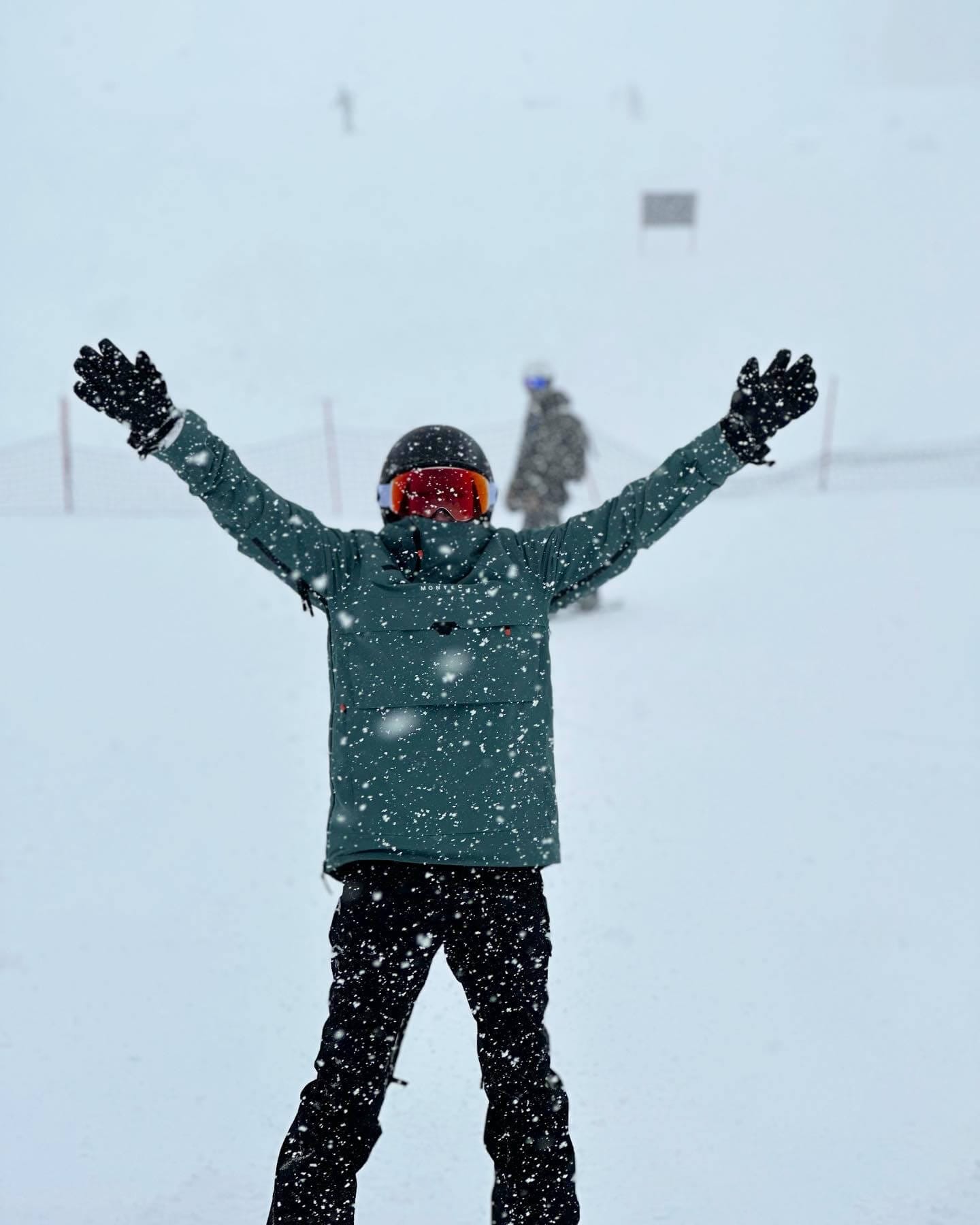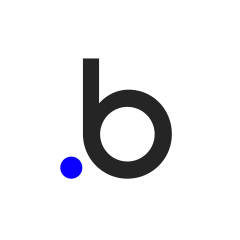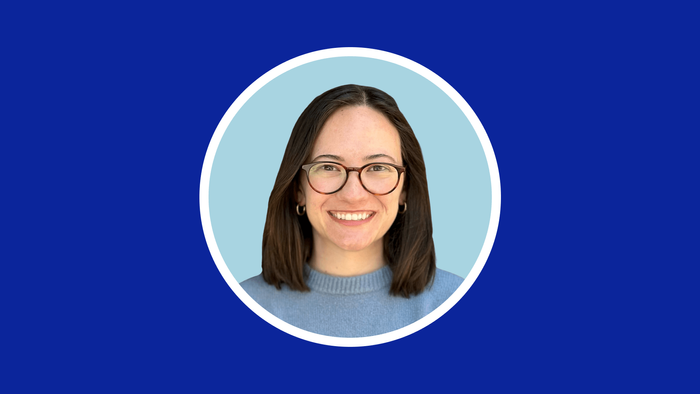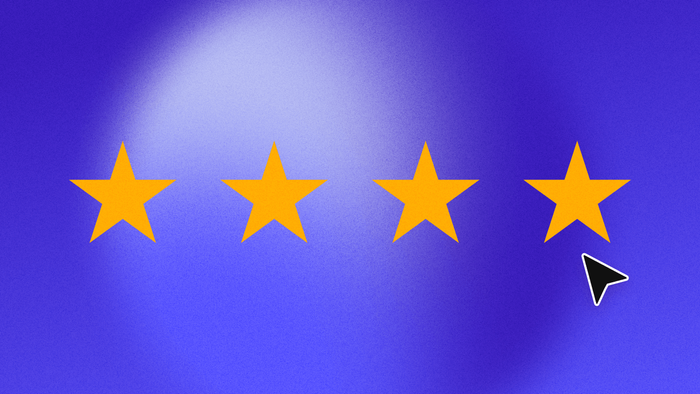Dr. Jenna Felkey isn’t your average user researcher in tech — with a background in psychology and Spanish and a PhD in education, she spent years honing research methodologies in academia before stumbling on a listing for a Bubble research internship. The more she learned about Bubble’s mission to make tech accessible to all, the more she was hooked.
Today, Jenna works as a user researcher at Bubble, helping the team understand use cases, problem areas, and opportunities. She sat down to share why she loves studying human behavior, how “user centricity” takes special meaning, and where she unwinds across California.
Tell us about your Bubble journey.
Half of my conversations start with the question, “You know what’s weird?” followed by me pointing out a random observation I had about human behavior. I’ve always been fascinated by why people behave and think the way they do, so it was no surprise that, when I went to college, I would go on to study people.
I studied psychology and Spanish in college. I also did community work in schools and spent time working with kids, which is where I became interested in understanding how schools shape us as people. I went on to get a PhD in education, where I researched how attending racially diverse schools can positively impact students’ academic and social wellbeing.
Near the end of my grad program, I saw that Bubble had posted an internship looking for someone to conduct research with users to understand how they learn to use Bubble. I was drawn to Bubble’s mission to empower everyone to participate in creating technology, and it felt like a cool opportunity to use the skills and knowledge I had in psychology, education, and research in a new way to help increase accessibility to tech. I got the internship, and at the end of the internship I was offered the opportunity to stay on full-time. The rest is history!
How has your background in psychology influenced your approach to user research?
On a practical level, my experience in psychology and education research has given me training in both quantitative and qualitative methods, which enables me to analyze and interpret numerical trends and also qualitatively probe the “why” behind them. It has also given me a solid foundation of the psychological theories and principles that explain human behavior and emotion, which is helpful for generating hypotheses, interpreting findings, and identifying solutions.
Maybe the most important thing my psychology background has provided me with is the notion that behind all of the data, there are real people — each with their own experiences, perspectives, motivations, challenges, and needs. Oftentimes, the first step to solving a problem is to understand it from the user’s point of view.
What does collaboration look like both in your role and on your team?
One of my favorite things about working at Bubble is how collaborative the culture is. In my role, I work closely with product managers, designers, and others across the organization to identify areas that could be supported with user research. I like to include stakeholders throughout the research process, and invite them to sit in on user research sessions. After I analyze the data, we work together to ideate and iterate on solutions based on the research findings.
Within the user research team, we have weekly workshops where we brainstorm ideas, give feedback on our research plans and methods, and identify opportunities to team up on research projects together.
Where’s your favorite place to travel?
Every year my partner and I plan a snowboarding trip to Mammoth Mountain in California, and it's always one of the highlights of my year! It’s so much fun to road trip, snowboard, be out in nature, and explore the town. Last year, we were lucky enough to be there when they had record-breaking snowfall (over 700 inches)!

What’s your go-to way to unwind after work?
I like to kick off the weekend with a walk on the beach or a sunset picnic.
What Bubble value resonates with you most?
User centricity — hands down.
I frequently talk with the people who use our product to get a deeper understanding of their experience and how we can improve to suit their needs. In some of these conversations, I also get to hear about how Bubble has had a positive impact on people’s lives — how they got to pursue the idea they have always had, how it has created opportunities they might not have had otherwise, or how they taught their kids to use Bubble so they could create their own apps.
Getting to hear users’ stories — and to advocate on behalf of those stories — is always an amazing reminder of why we do this.
Build your app on Bubble's Free plan. No need to upgrade until you're ready to launch your app.
Join Bubble




